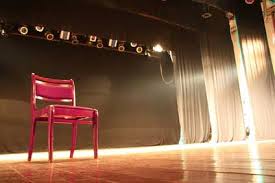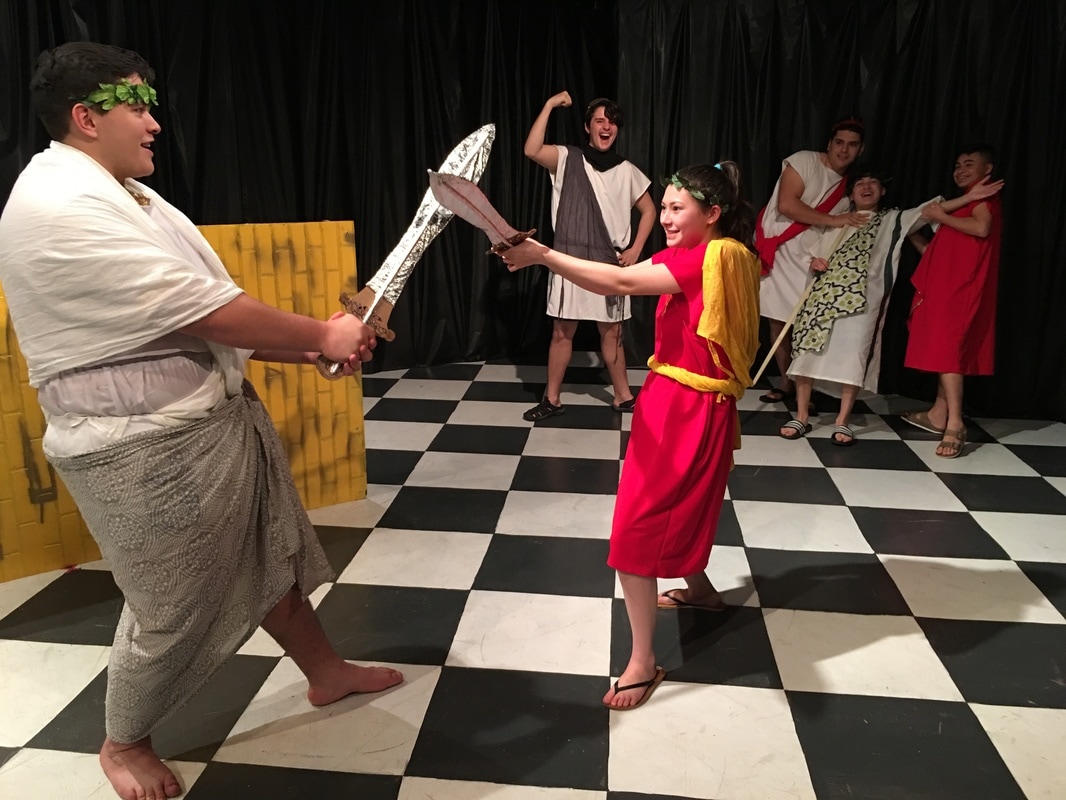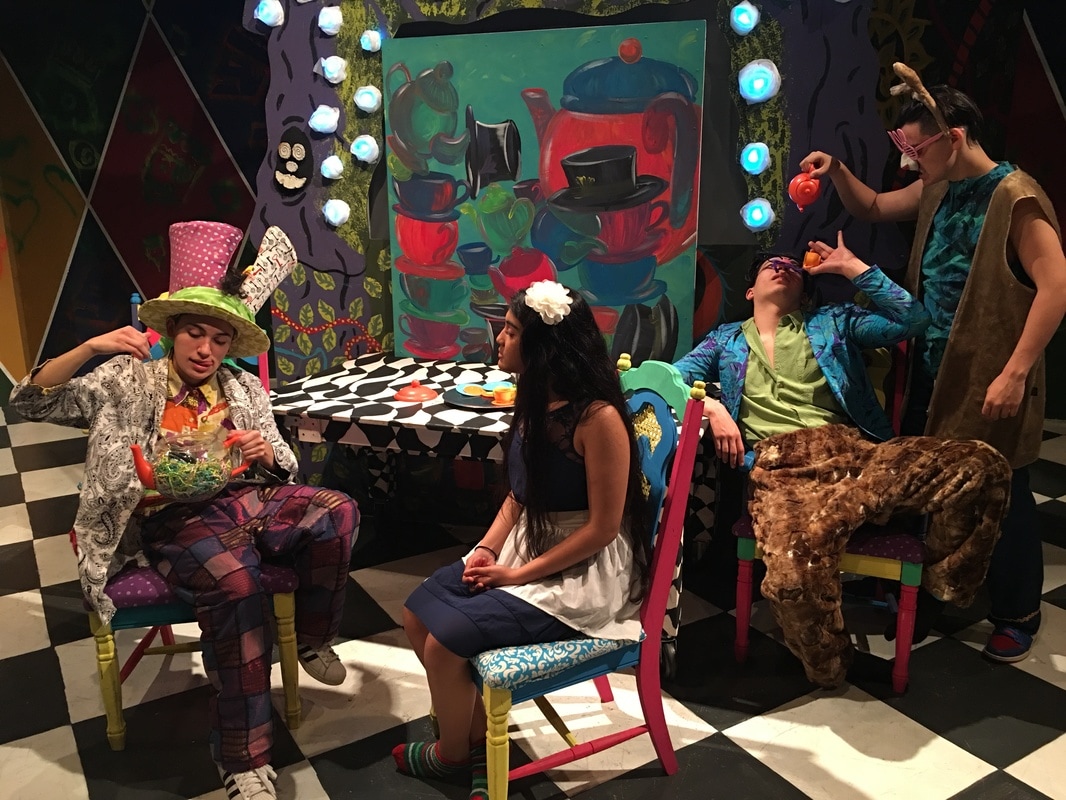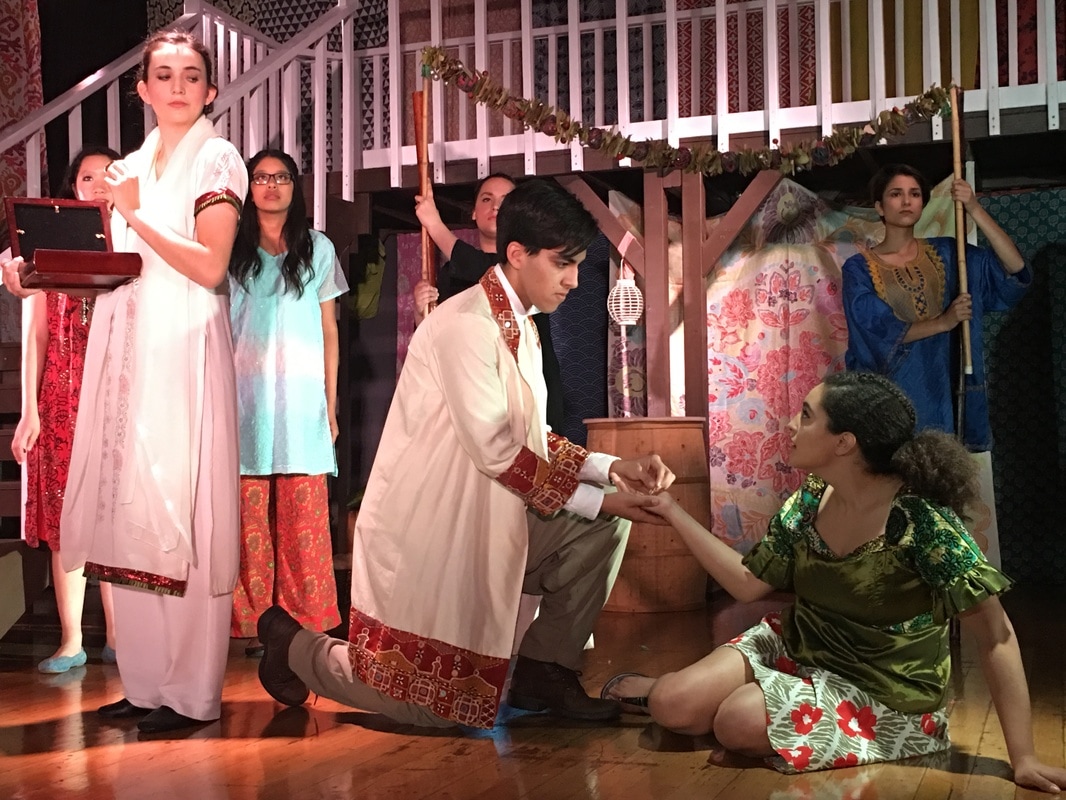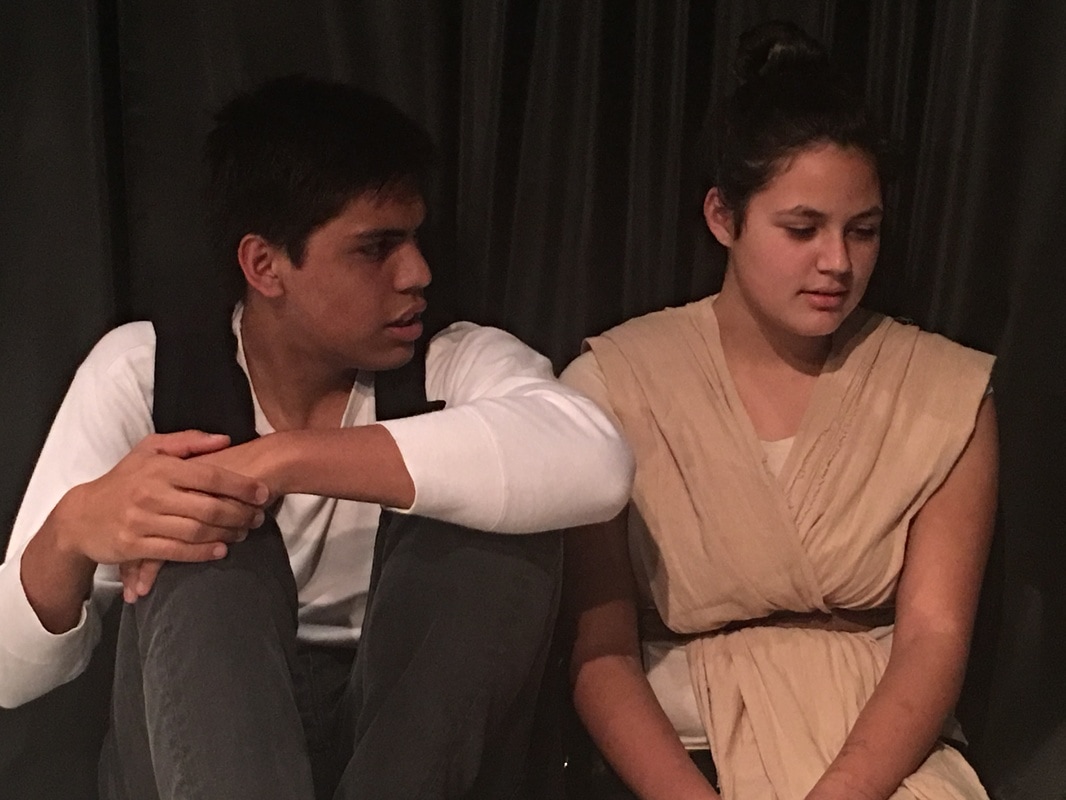Unit 1: The Audition |
An important component of being career and college ready is for the students to gain “soft skills” during their time in high school. The CTE Department has committed to including the following objectives into their
10th grade pathway classes, which will allow the students to receive an industry-recognized certificate/badge upon completion of the course. Students will be able to:
|
Unit 2: The Festival |
Reconnect with the performance and design skills developed in Introduction to Professional Theatre as you develop a submission for a regional theatre festival that looks to advance the education of high school theatre arts
students by offering opportunities to strengthen, promote and share artistic skills within an interactive and supportive educational environment. Prepare a monologue, duo scene, one act play, musical scene, or designs for sets or costumes from conception, through to public preview, then on to adjudication at the festival. Students will be able to:
|
Unit 3: The Play |
Work as a team to see the production of a play from start to finish serving as designers, producers, cast and crew.
Students will be able to:
|
Unit 4: The Musical |
Work as a team to see the production of a musical from start to finish serving as designers, producers, cast and crew.
Students will be able to:
|
Unit 5: The Show On The Road |
Work as a team to see produce a series of short scenes from classic storybooks to take “on the road” for a tour of local primary schools.
Students will be able to:
|

